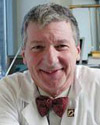 Chair
Chair
Philip M. Iannaccone, MD, PhD
Northwestern University
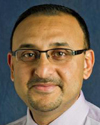 Co-Chair
Co-Chair
Satdarshan Paul Singh Monga, MD
University of Pittsburgh
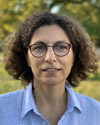 Co-Chair
Co-Chair
Ivana Delalle, PhD, MD
Brown University
Session Description: The availability of human iPSC from various disease states presents an unprecedented opportunity to examine pathology and physiology in an intact tissue context. The decades since the early descriptions of stem cell derived “embryoid bodies”, the first example of “organoids”, have seen major advances in directed differentiation of stem cells and their organization into small structures mimicking normal organs. Organoids can be used to interrogate altered physiology and toxicology or as test beds for therapeutic intervention. Patient derived iPSC have been used to advance our understanding of many aspects of disease states. This session will highlight recent advances in both organoids and the use of directed differentiation of human iPSC in the study of disease.
| Chair - Welcome and Introductions | ||
| 2:00 PM - 2:35 PM | Cellular Regenerative Components in Liver Disease George Michalopoulos, MD, PhD • University of Pittsburgh |
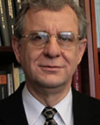 |
| 2:35 PM - 3:10 PM | Emergence of Sophisticated Network and Oscillations in a Human Brain Organoid Model Alysson Muoti, PhD • University of California, San Diego |
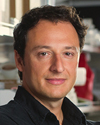 |
| 3:10 PM - 3:45 PM | iPSC-Derived Hepatocytes to Model Ebola Virus Infection Gustavo Mostoslavsky, MD, PhD • Boston University School of Medicine |
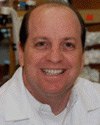 |
| 3:45 PM - 4:20 PM | Stem CellModels of Hematopoiesis Vasil Galat, PhD • Northwestern University |
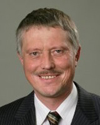 |
| 4:20 PM - 4:55 PM | Modeling Genetic Epilepsies with Human iPSCs and Brain Organoids Jenny Hsieh, PhD • University of Texas, San Antonio |
 |
| Questions and Answers |